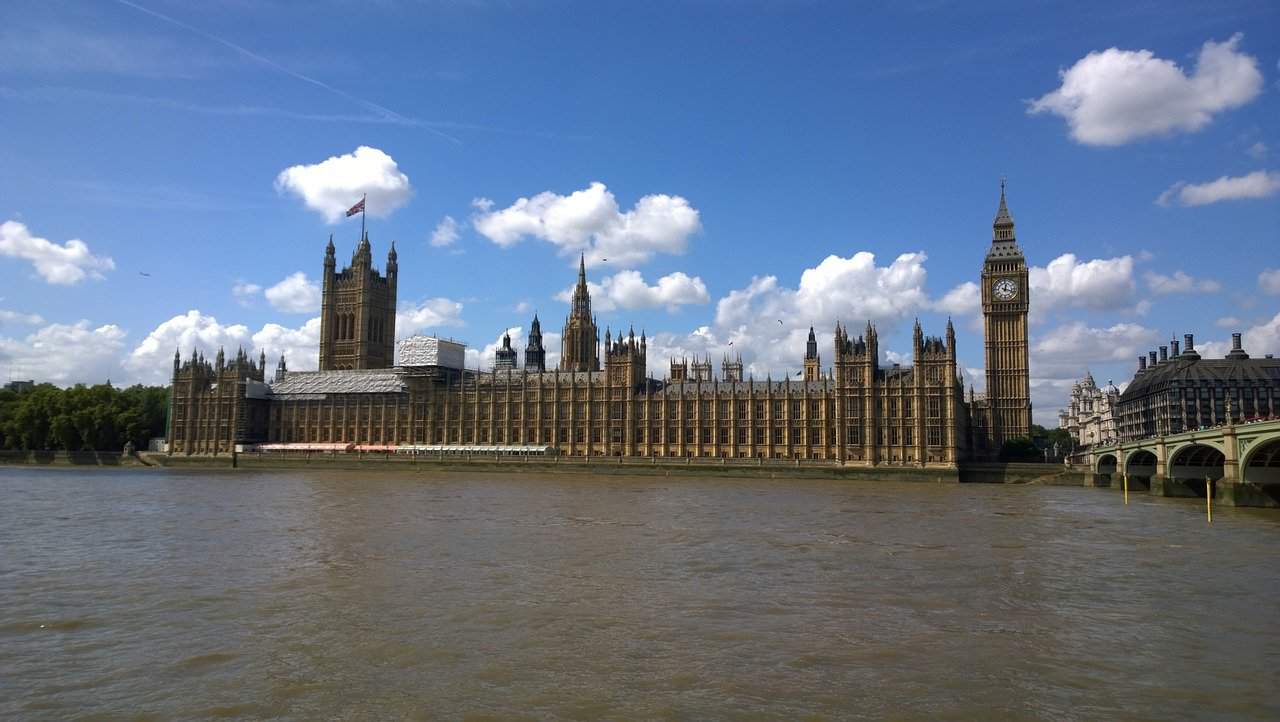“Take back control” was one of the main battle-cries of Brexit. Underpinning it was the notion that the UK had ceded its sovereignty to the EU and was no-longer an ‘independent’ country.
We will leave aside the issue of whether or not Brexit really represents a return of sovereignty to the UK. Many would argue not.
But there is a flip-side to the idea of the absolute sovereignty of the British state – it also means, for most Brexit supporters and especially the current Government, absolute sovereignty within Britain.
What has become increasingly evident is the Johnson Government wants to extend absolute sovereignty inwards as well as outwards.
In doing so they are drawing on a long, but heavily contested, view of parliamentary rule in Britain.
Most usually associated with the views of A V Dicey (1835-1922), the current Government is adopting an extremely strong view of the absolute and indivisible power of Parliament. Or what Lord Hailsham famously called ‘elective dictatorship’ (he also called it ‘centralised democracy’. ) And as Hailsham noted, parliamentary democracy in the UK was not really rule by Parliament, but rule by the executive.
The Johnson Government is embarked on a course of what can only be called ‘inward conquest’* – the subjugation of all other powers to the Westminster executive. (*Apologies to Ben Ansell and Johannes Lindvall for borrowing the title of their excellent book ‘Inward Conquest’).
The signs of this new inward conquest have been all too evident since the start of the Johnson government, but have become more apparent with time.
The first and most obvious effort was to subjugate Parliament itself to the executive Government by proroguing it. On 28 August 2019 an Order in Council was made providing that Parliament should be prorogued from some point between 9 and 12 September until 14 October 2019.
Although this decision was over-turned by the Supreme Court, there have since been many other attempts to curtail the power of the House of Commons to hold the executive to account.
Most notably the pandemic allowed the Government to pass legislation – the Coronavirus Act 2020 – which gave the executive much greater freedom to take decisions which would normally require parliamentary approval. The government deliberately did not use the Civil Contingencies Act 2004, designed with an emergency like this in mind, because it contained checks and balances on executive power.
The Coronavirus pandemic has also allowed another strand of ‘sovereign conquest’ to develop – the undermining of traditional public services and systems. The Government has seized the opportunity in a number of other ways.
It has created vast, unaccountable, new structures under the direct control of Ministers but outside existing constraints. The largest is the so-called “NHS Test and Trace” which has been given £37bn of public money. Run by arbitrary appointees and private interests, with very little scrutiny, and opaque processes this Leviathan is a sort of parallel state structure.
It has created entirely new, and unregulated, ways of spending vast sums of public money on PPE purchases, including a so-called “VIP” scheme that seems to have channelled funds to friends of the ruling Party.
Little noticed has been the attempts to by-pass devolved Governments – either by not consulting properly or by taking direct actions in their devolved territory. For example ‘Lighthouse Laboratories’ were set up in Scotland and Wales by the (English) Department of Health and Social Care (the Welsh was a disaster apparently).
This ‘muscular Unionist’ strategy has recently been amplified with plans by Westminster Government to spend directly on infrastructure projects in Scotland, Wales and Northern Ireland with Union flags on them. Devolved governments also claim the UK Internal Markets Act has been used to undermine them. And several senior Government ministers, including the Prime Minister, have described devolution as a “disaster”.
Within England programmes like the £3.6bn ‘Towns Fund’ and deals with metro mayors are also allegedly being used to centralise power in Whitehall.
And in Westminster and Whitehall itself there has been a virtual purge of senior civil servants, including the former Cabinet Secretary Mark Sedwill, and legitimising of bullying civil servants by Ministers.
This slow ‘sovereign conquest’ programme is not going unchallenged however.
The Welsh Government, for example, has come out with its own analysis and proposals for how the UK should be governed in the future. Their ‘Reforming Our Union’ document (2019) proposes a quasi-federalist alternative to the Johnson Government’s ‘centralised democracy’.
Continuing pressure for another independence referendum in Scotland and fresh debates about the status of Northern Ireland will fuel wider discussions of constitutional reform.
Federalist principles are, I would argue, the best and only real antidote to the new inward sovereign conquest being attempted by the current Government.






Leave A Comment